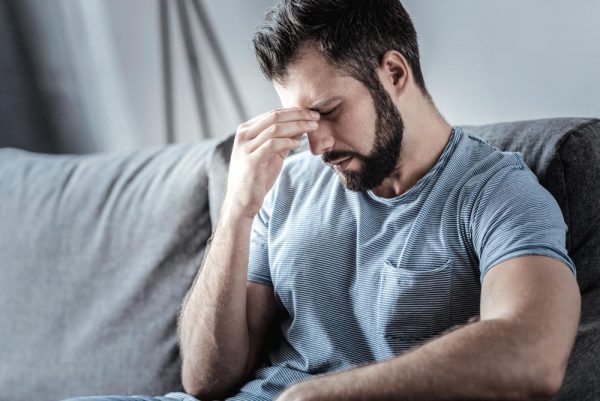How to Treat Opium Addiction
Opium is a drug derived from the opium poppy, and one of the most popular drugs in the world. While the pure version is difficult to find in modern times, opiates, or drugs derived from opium, are extremely popular as painkillers. In fact, many of the world’s most popular painkillers are derived from or synthesized from opium, making opiates one of the most addictive and most abused drugs in the world.
If you or a loved one is struggling with an opium addiction, you aren’t alone. In 2017, over 2 million people in the United States struggled with an opium addiction.
With over 118 overdose deaths per day related to opiates, opium addiction is also extremely dangerous. At the same time, most opium addicts trace addictions back to prescription pain pills, with 20-30% of all persons with a prescription abusing their prescription, and an estimated 80% of heroin addicts having moved to the drug from a prescription.
Opium addiction is dangerous, but it is important to stop, identify the addiction, and work to get help to prevent further harm.
Opium Addiction Symptoms
Opium addiction can have slightly different symptoms depending on the drug, the individual, and their frequency and volume of use. In most cases, users will show a range of physical, mental, and psychological symptoms relating to drug use, a changing pattern of behavior as their focus shifts to drug use rather than family, career, or study, and decreasing health as drug use takes its toll on the body.
A person with an opium addiction may doctor shop, where they visit multiple doctors or hold prescriptions from several doctors. They might purchase opiates outside of their prescription or even use prescription pills with other medication. They may hide pill usage. They may turn to using heroin or injecting opiates. And they might begin to change how they interact with others, such as by withdrawing, becoming more manipulative, asking for money, or otherwise changing personality.
Most people also show specific symptoms of opium usage, including elation and euphoria, sedation or drowsiness, slowed breathing, loss of concentration, confusion, and constricted pupils.
These symptoms likely mark that the individual is currently using, not that they are addicted. Specific addict-behaviors include an inability to quit or stop, an increasing usage of opium or using it outside of their prescription and continuing to use despite recognizing negative side-effects of doing so.
Opium Addiction Withdrawal
Opiate drugs interact with the opioid receptors inside the brain. Over time, this changes how the brain produces opiates and what the brain is accustomed to. Going cold turkey or even reducing an opium dose will cause withdrawal symptoms, which can be severe. Common withdrawal symptoms include:
- Cold and flu symptoms
- Nausea and vomiting
- Sweating or goosebumps/hot/cold flashes
- Lethargy
- Insomnia or sleep problems
- Anxiety or depression
- Diarrhea
- Cramping, muscle aches, and pain

These symptoms can be moderate but may have severe side-effects. Anyone attempting to withdraw from opium should seek out medical attention in the form of medical detox, where withdrawal symptoms are monitored to ensure the safety of the patient.
Opium withdrawal lasts an average of 14 days for standard opiates but may last 30-45 days or longer for slow-release prescription painkillers.
Opium Addiction Treatment
Opium addiction treatment begins with detox and then moves into behavioral therapy, counseling, and training. This typically includes cognitive behavioral therapy (CBT), counseling, group counseling, and one-on-one therapy designed to tackle the underlying causes behind addiction. It will also likely include skills training through CBT, where individuals work through negative behavior and thought patterns contributing to substance abuse.
In some cases, opium addiction treatment also includes medication such as buprenorphine and naltrexone. These drugs are partial opioid agonists and work to prevent relapse by reducing withdrawal symptoms and cravings, while minimizing the impacts of opium should the individual relapse.

